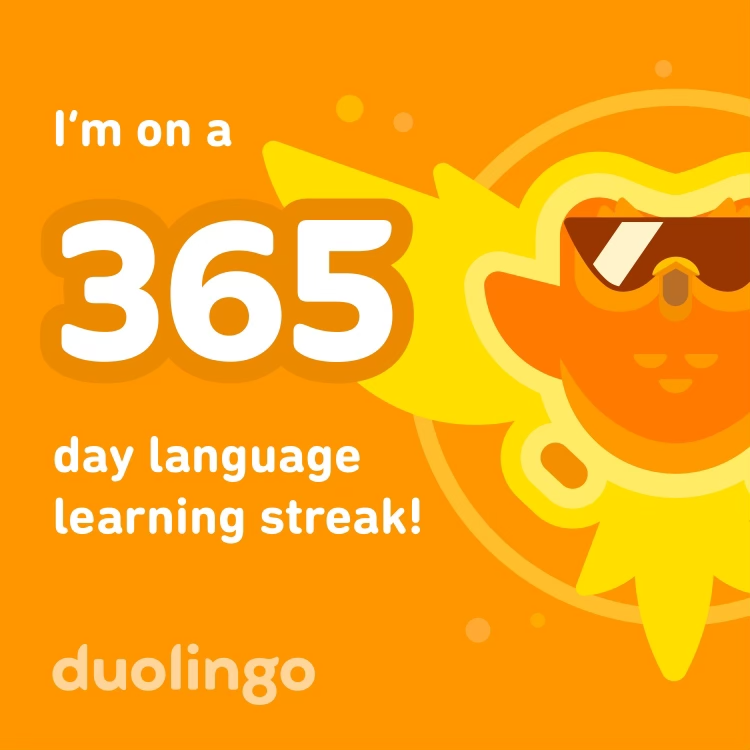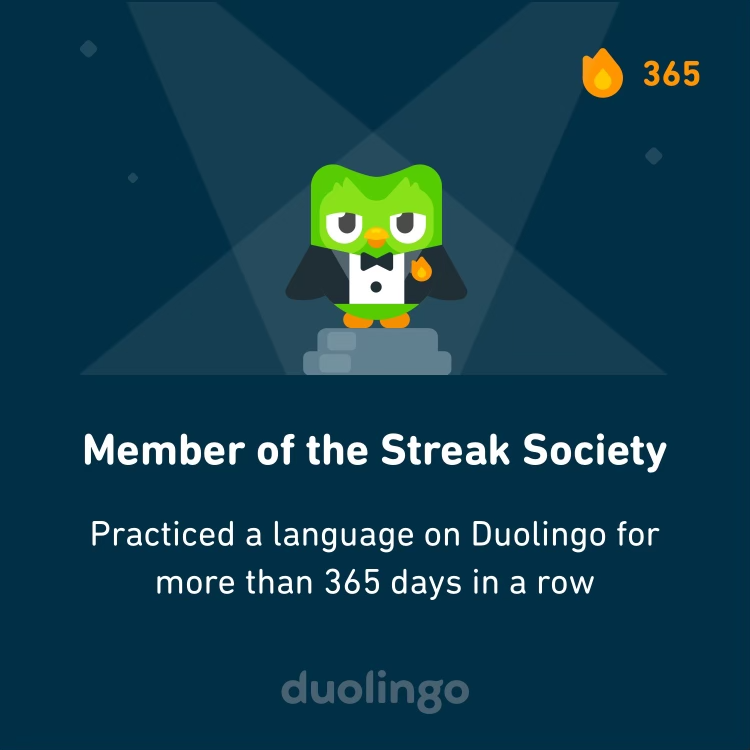2021-10-26
The next book in my literary survey of California has been Grapes of Wrath, the iconic novel that I missed in high school.
The book tells the story of the Joan family as they leave Oklahoma and head west to California, driven by the Great Depression, mechanized farming, and poverty.
[I’m not going to review the book since I don’t think that’s useful for a book of this stature. I’m just going to reflect on it. I’m also not going to worry about spoilers, so if that bothers you be warned].
The book is extremely well paced. Steinbeck slowly turns up the pressure, showing how poverty forces the Joads from one no win situation to another. After enough least-bad options, the family eventually breaks apart. The slow creep of ruin really affected me, as did the images of starving children and pregnant women.
I was surprised at how deep I was into the book before I realized how bleak the ending would be. There wouldn’t even be the satisfaction of a shootout.
The ending! I can’t believe no one I knew let on even a little bit about how weird it is. I can’t claim to understand it.
It’s impossible to read this book now and not think of the homelessness crisis in California. I’m sure some of the members of California’s current tent camps would agree with Steinbeck that the police cause more injustice than the people.
For better or worse, the claiming of land is a part of the California psyche. Wether it is water rights, land claims, zoning, or the right to keep your view in a California beach town, there is a preoccupation with protecting one’s claim from others in the golden state.
I think the biggest thing that this book added to my understanding of California is an appreciation for how turbulent the period mass inward migration was, even though it is a crisis that has now passed. I think I understand better why it was such a big deal.
On the whole, I enjoyed the book. Although I liked East of Eden more, I thought the characters in Grapes of Wrath, particularly the female characters were more fully imagined.
2021-10-13
I'm more proud of this than I have any right to be. This morning I made it to 365 straight days of practicing German on Duolingo. Unsurprisingly, after using it for this long, it's become one of my favorite apps (1).
When I first started using Duolingo, it was as a supplement to tutoring sessions with a teacher, but when we moved from Switzerland, I no longer had the bandwidth for classes. Since then, my German practice has been Duolingo, the NZZ podcast Akzent, and reading the occasional children's book to my daughter. I have to admit, I'm surprised at how effective Duolingo is. I can tell from my other German language activities that I'm better today than I was 3 or 6 months ago.
Here's what I love about the app:
- They've mastered habit building. For me, learning a language is all about reptition and Duolingo is the easiest to use repeatedly. Just like the best camera is the one you have with you, the best language app is the one you use most often. Duoling nails this.
- They have so many overlapping ways that they incentivize good language learning habits:
- Streaks, to get you in the app every day
- Hearts, to incentivize you to not rush through the course
- Experience points, which incentize depth of knowledge
- Gems, which pay off if you reach your goal
- Leagues, which create social pressure / competition
- Badges, which reward continued investment
- Crowns, which reward completing lessons
- "Cracked" lessons, which reward revisitng material. I think this is everything, but I'm probably missing something.
- The overall playfulness of the app, which comes out in the sounds they use when you're right or wrong, and the characters that they use in their lessons
After 365 days, here's what I wish they'd do differently:
- I'm never sure if I'm using my time in the best possible way. Learning a language is a tradeoff between picking up new material and going back and practicing mistakes. All the features Duo has makes it tough to know if I'm in the right spot. I wonder if there is a TikTok-esque version that drops you in and just drills you based on where you stand algorithmically.
- Duo really isn't great at reading comprehension. They have a stories feature that helps with this, but it's sort of off to the side. As a user, I'm left to figure out how to integrate these two experiences (which is basically my previous criticsim).
- They haven't solved speaking practice. They have cool features that get you to pronnounce words, but there's nothing like live conversation and having to truly think in another language. They have an "events" feature where you can join free or paid groups, but it's super buried.
- I'm surprised they don't have a platform for language teachers. I would happily sign up for a 30 min or 1 hr weekly practice session with a language teacher, yet I'm left to go off platform to find this person. When I find them, the first session is going to be an assessment, which Duolingo should be well positioned to provide.
- I can't believe they don't have gear (t-shirts, hoodies) or digital stickers that you can buy that only gets unlocked once you get to a certain level. Seems right up their alley. So here's to another year. I sort of imagine that afer I progress to a certain level, I'll need other resources. But we'll see!
1: I'm obligated at this point to mention that Duolingo is a Pittsburgh company
2021-09-28
Earlier this year, I moved back to California. I am a Californian by marriage and a somewhat reluctant one at that. The muted seasons and even the beautiful beaches, which I sometimes enjoy, aren’t really my thing. And yet this is where life has taken me again.
In an effort to make the best of it, I resolved that if I’m going to live in this state, I’m going to appreciate it, and I kicked off a California reading tour.
The latest book in my survey is Where I was from, a memoir by Joan Didion. I’m still at the beginning of my California reading journey, but so far this would be the first book I suggest anyone read if they want to understand the state.
Where I was from is about the author’s relationship with California, how her understanding of California changed as she grew up, how the California of her youth faded away, and her relationship with her parents as they grow old and ultimately pass away. It’s exceptionally well written. It weaves the author’s family history into notable events from California history and both of these into the human experience of leaving behind a version of a place, of yourself, and of those you love you as you age.
Where I was from isn’t primarily a history book. Perhaps because of this, it has unlocked California for me in a new way, like how meeting a friend’s parents for the first time helps explain who they are.
It’s common to talk about California’s boom/bust cycles because of the gold rush, but it’s also apt. After all, this is a state that’s population has increased by more than 50% in a decade 5 times since 18501. Didion’s book spends time on less famous booms: the aerospace industry after the Second World War and the development boom of the 1960-80s when the great ranches of California were broken up and developed into communities.
The aerospace boom is told through the perspective of Lakewood, California, a suburb that grew up next to the McDonnell-Douglas plant, and then struggles with its identity as that industry moves away in the waning days of the Cold War.
The development boom is told through the stories of the heirs of the Irvine and Hollister estates, great California ranches passed down intact from Spanish and Mexican land grants. These heirs proceed to break up these great ranches to make suburbs and shopping malls, along with a tidy fortune.
For Didion, the settlers that rushed West during the gold rush, the families of Lakewood and the heirs of the great ranches all have a common Californian experience: Each generation rushes headlong to make California into their version of paradise. Some make it and prosper and others are left behind. In in doing so, they change California. In the end, those who profited most from the changes look back and wonder what they’ve lost in the process2.
Didion’s Californians are not fearless and self sufficient pioneers, but real people terrified of getting caught in the mountains before the weather turns. They benefit greatly from the investments of the Federal Government, be those investments railroads, aqueducts, or jet planes. Their experience of striving to change the world and then having to live with the consequences is a human one. If there is something uniquely Californian, it is the speed and the scale with which those changes take shape.
The best example I have of how this book has changed how I view California is Cannery Row in Monterey. Today, Cannery Row is a tourist trap. A couple of the old canning operation buildings are preserved but no actual fishing or canning continues. When I had visited it in the past, all I saw where the tschotskes and doodads. But now I see it differently: a monument to a past generation of Californians who strived to build a new world and succeeded, only to have that way of life slowly become irrelevant and fade away3.
Notes
I didn't have anywhere to put this, but I especially appreciated the Didion's mother's observation that California had become "all San Jose."
1: California’s growth is really stunning. The first decade where it didn’t grow more than 20% was 1980.
2: The addendum to this book set south of Market street in San Francisco about the tech industry almost writes itself. I also appreciated the author's observation that it is especially Californian to feel that anyone who shows up after you is altering the state beyond repair.
3: In a typically Californian way, just up the street from Cannery Row, an industry that literally fished itself out of existence, is the Monterey acquarium, with emphasizes the importance of ocean conservation.



